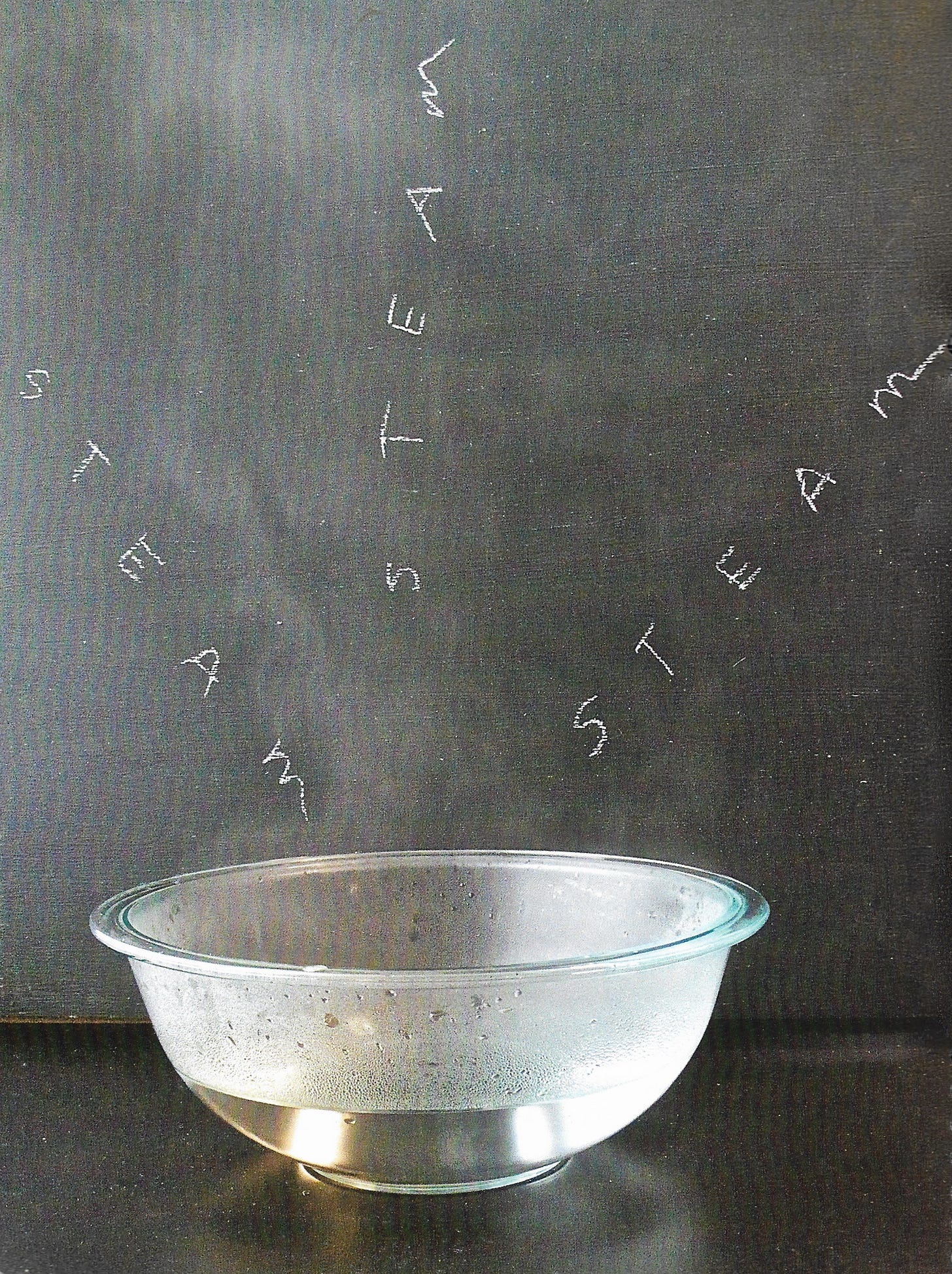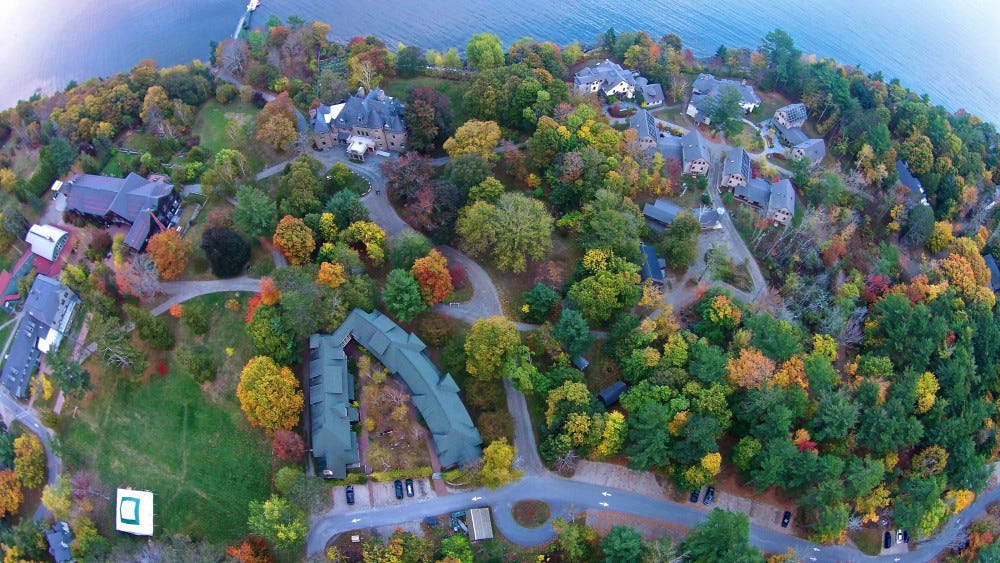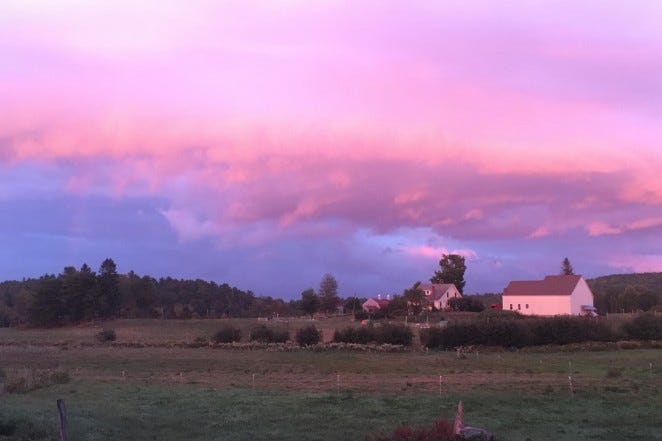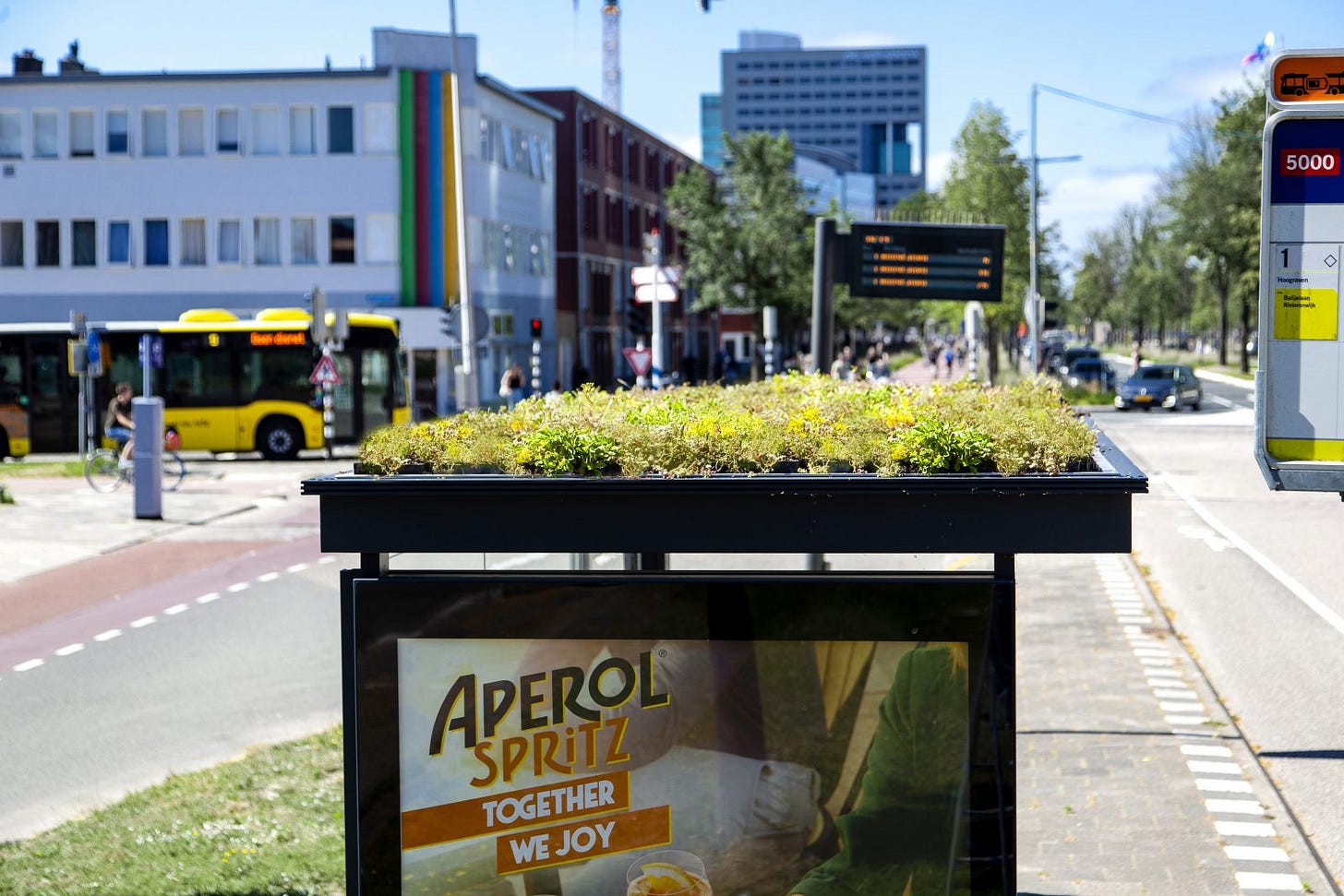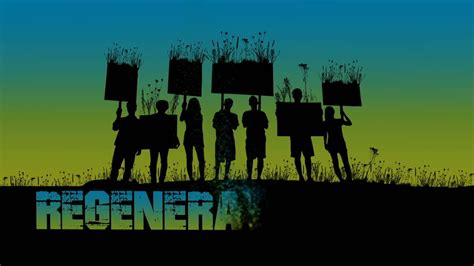Newsletter #48
The greatest adventure is what lies ahead. Today and tomorrow are yet to be said. The chances, the changes are all yours to make. The mold of your life is your hands to break. ~ J.R.R. Tolkien
Dear Friends,
Wishing you the happiest and healthiest New Year! Welcome all new subscribers and a big thank you to all paid subscribers. As I start my second year publishing this Newsletter, I feel grateful for the community that has grown since, and the interesting discussions I have had with you, whether it’s through comments or in person. Cheers to another year of meaningful interactions! As of this issue, the content access is now exclusively available to paid subscribers.
As J.R.R. Tolkien wisely noted, each moment provides us with the opportunity to enact positive change in our lives. I trust that this newsletter has been a source of valuable insights. Personally, I’ve discovered that the key lies in gradually incorporating one new habit at a time; a strategy that tends to endure and seamlessly become a part of my routine. For instance, integrating practices like using a compost pail, making my own all-purpose chemical-free cleaning products, and opting for reusable-packaging products has significantly contributed to reducing waste in my own life.
This issue delves into a variety of topics, including a gentle reminder of a natural healing method essential during this time of year. I’m excited to share a compelling story about a progressive college in Maine, applauding a bank’s inspiring choices, exploring noteworthy initiatives in Utrecht, and presenting two thought-provoking films. I hope these diverse insights resonate with you. Onwards!
#1- Natural Healing with Steam
I need reminders of what are the most effective healing choices when I’m not feeling well (my most trusted go to is still my book LOLA). One of those is for the treatment of a congested nose and chest. One of my favorites is the steam inhalation method, which I learned from my French grandmother and it really works. It is an effective way to remedy respiratory problems such as chest congestion,sinusitis, bronchitis and bronchial cough. Inhaling steam is easy to do and very cost-effective: simply bring a pot of water to boil or use an electric kettle, and pour the boiled water into either a heat proof large glass bowl or just use the pot you boiled the water in and set it on a heatproof pad on the table.
Sit down in front of it and drape a large towel over your head and shoulders.
(this is not a photo of me)
Be careful not to get too close to the steam, by leaning into it right away. Try to breathe through your nose if you have nasal and sinus problems; if you are too stuffed up, breathe through your mouth with your lips pursed. The steam will help keep nasal passages moistened and relieve some of the aches and pains associated with respiratory problems.
I like to add 1 tablespoon of a medicinal herb mix that I make (¼ cup of lavender and ¼ cup of thyme) and keep on hand in a small glass jar. I also add a drop of eucalyptus oil to the water for added soothing effects. It smells so nice! These herbs are also antibacterial, giving aromatics the chance of reducing risk of secondary bacterial infections, like sinusitis that can follow viral respiratory conditions. Once the water has cooled, I strain the herbs and add them to my kitchen compost pail.
Another marvelous method for treating congestion is a neti pot, which is a small porcelain teapot-like vessel designed to clear mucus from nasal passages.
Mix ½ cup of warm filtered water (or water that has been previously boiled and cooled to lukewarm) with ¼ teaspoon of fine neti pot salt (which is a mix of ¼ tsp. fine non-iodized salt and a ¼ tsp. baking soda) for it’s antibacterial properties. Let the salt dissolve; then lean over the sink while gently pouring the saline solution into your upper nostril, letting the liquid pour back out. Repeat with the other nostril. The urge is strong, but don’t blow your nose immediately after using the neti pot, as it can hurt your eardrums. Wait a few minutes, and then blow very very gently. Be sure to thoroughly clean the pot and allow it to air dry after using it.
Sources are Dr.Weil.com and Lola Lots of Love Always (my book)
You can find in my store on Amazon: Organic lavender and thyme; Organic eucalyptus oil; Neti Pot and Neti Pot Salt.
(as an Amazon associate, I earn from qualifying purchases)
#2-College of the Atlantic
Wishing I had known about this college when I was looking for one (many years ago). I would have loved going here! Maybe you know someone who might love it there too.
College of the Atlantic was founded in 1969 based on a unique idea: human ecology. A human-ecological perspective explores the relationships between humans and our environments, and stems from the premise that the world’s most pressing problems require solutions that cross the boundaries of academic disciplines and seek fresh combinations of ideas. Their approach is interdisciplinary and experiential, and encourages students not just to investigate complex issues, but also to work collaboratively for positive change.
College of the Atlantic includes an arboretum, a farm, a Museum of natural history, gardens, a greenhouse, a herbarium, the Peggy Rockefeller Farm and a library amongst the classrooms and other college buildings.
In the Museum of natural hisory, all of the dioramas were created by COA students to inform museum visitors about the ecology and behavior of local Maine species.
Egg collection from native birds
The Amos Eno Greenhouse is run entirely by work-study students under the supervision of Dr. Suzanne Morse. The greenhouse is managed using organic gardening practices, and all organic waste is composted into the community garden compost pile. The greenhouse holds annual plant sales to raise money for horticultural supplies.
On the Peggy Rockefeller Farm, COA has installed over 100 solar panels, generating electricity that is net metered back into the power grid, producing far more than the farm consumes, with the surplus credited toward COA’s overall electricity use. All of these energy projects have involved student work from the planning stages to installation.
Sounds like an inspiring and motivating learning environment! And the location looks incredible, right on the coast of Maine where the air is healthy and the waters of the Atlantic are a healing balm.
Learn more about College of the Atlantic here
#3-A Bank that Broke the Mold
Finally, a bank that isn’t afraid to step up. Right before the start of COP28, the Dutch Triodos Bank took a groundbreaking step by backing the Fossil Fuel Non-Proliferation Treaty, becoming the first financial institution to support the global initiative. The treaty aims to phase out coal, and gas from existing production.
A spokesperson for the bank said, “ the coalition behind the Treaty pushes for the critical need for a binding global agreement, citing the disparity between climate goals and ongoing approvals of new fossil fuel projects.”
Learn more about the treaty here
Watch the CEO of Triodos Bank, Jeroen Rijpkema taling about the banking system
Furthermore, if you are interested in learning which banks, apart from JP Morgan Chase, are the biggest investors in fossil fuels, read here
#4-New Green Roofs as Bus Stops Cater to Commuting Bees
Commuters in Utrecht have noticed a new green tinge to their neighborhood bus stop. Local authorities in the Dutch city have added 316 green-roofed, bee-friendly bus stops to public transit routes. More than 50% of the Netherlands’ 358 bee species are endangered; the green roofs provide safe, consistent habitat for the critically important pollinators, and are planted with low-maintenance sedum.
For the resident humans. Bamboo benches and LED lighting contribute to the eco-conscious construction.
All told, what's happening in Utrecht should provide a positive example of other urban centers to start thinking about how they too can innovate within the built environment.
The green bus stops are just one measure that Utrecht is taking to combat climate change. They also pledged to have completely carbon neutral transport by 2028 and they’ll introduce 55 electric buses into their fleet by the end of 2019.
#5-Short Film (food for thought): Microbes
Microbes are everywhere. Invisible to the human eye, they live in the air, within the walls, and on even the cleanest of surfaces. The human body has more microbial cells than human cells. Although a few types of bacteria and viruses can make us sick, many other types actually defend us and limit the effect of the harmful ones. Bacteria in the human gut help us digest food. Viral DNA in humans helps us process and store memories. What if we could change our architectural environments to be better hosts for a diversity of microbes and to decrease the amount of harmful ones?
Watch this film to find out
Learn more about this film project here
#6- Movie: Regenerating Life
John Feldman's new film, REGENERATING LIFE, takes an ecological approach to unraveling the climate crisis. It offers a deeper look at the underlying causes of global warming, going beyond carbon emissions from the burning of fossil fuels to humankind's relentless destruction of nature in all corners of Earth. Because ultimately it is nature, the vast biodiversity that exists on our planet, that regulates and balances Earth's climate.
Feldman explores how life regulates the climate through photosynthesis and the carbon cycle; the water cycle; the dung cycle; and a vast interconnected soil network of fungi, microorganisms, and plant roots. He dives into the economic and political systems that have encouraged this destruction of Earth through the relentless quest for wealth and dominion.
We can reverse this destructive process by regenerating life across the planet. Feldman visits people who are working on solutions. By working with nature, they are restoring forests, fields, wetlands, and oceans. They are regenerating soils to grow healthy food and build healthy communities, pointing the way to long term solutions to the climate crisis.
Watch the trailer here
Watch the movie here on Vimeo
******************************************************************************************
Keep in the loop on what I’m up to via my page on Instagram. Please visit my online store. I wrap and ship every order myself, using as much reused packing materials as possible,
Keep reading with a 7-day free trial
Subscribe to Priscilla’s Newsletter to keep reading this post and get 7 days of free access to the full post archives.



